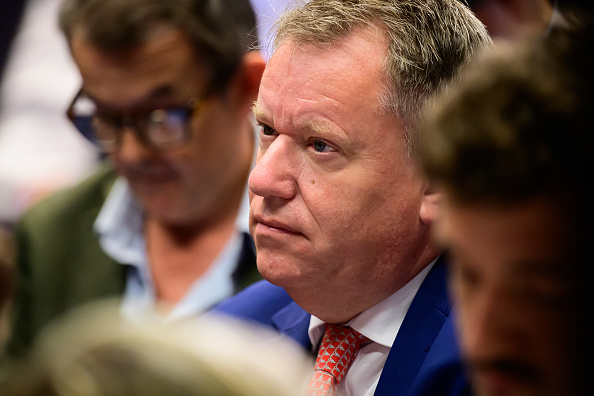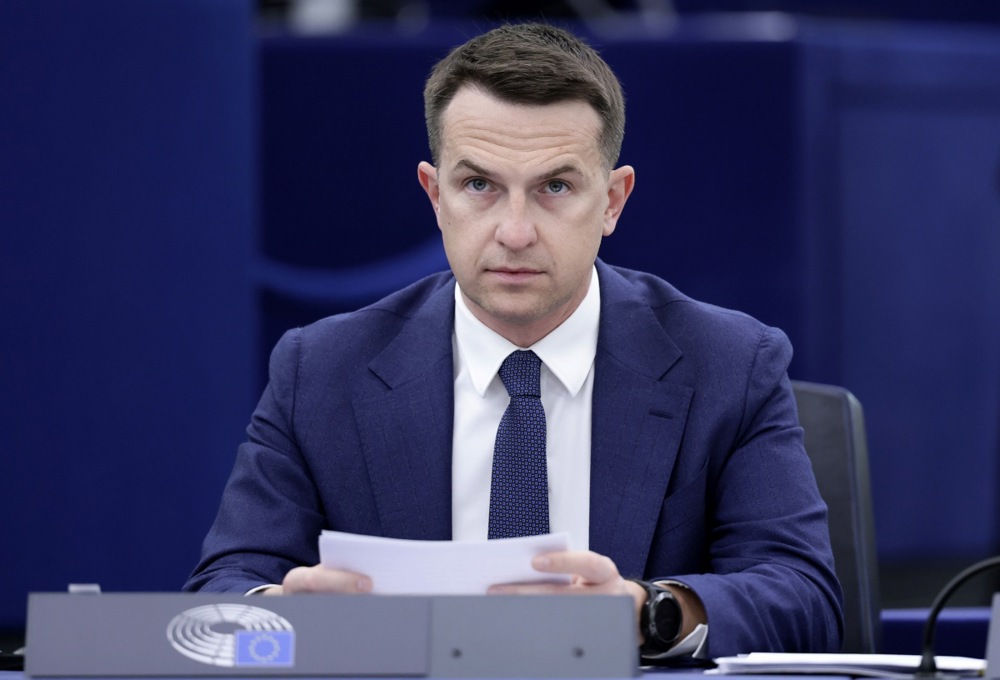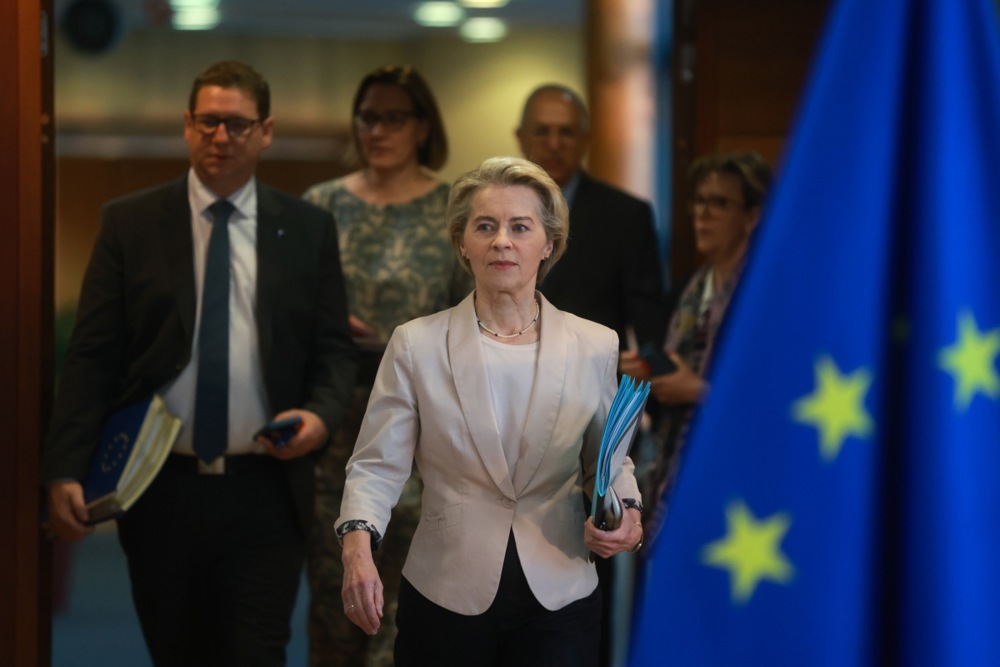The Belgian region of Flanders was not doing enough to address the affordability of housing for vulnerable groups, according to a ruling by the European Committee of Social Rights (ECSR) regarding Flanders’ housing policy.
While the region’s housing position which prioritises home ownership has enabled more people to become owners, the flipside has been a lack of solutions for low-income households.
Woonzaak, a Flemish collective of 70 organisations advocating for a fairer housing policy, filed a complaint against what it said was Flanders’ inaction in tackling this crisis.
Woonzaak’s spokesperson addressed the Flemish press after the ECSR, part of the Council of Europe, ruled in favour of the complaint.
“They are definitely rebuking Flanders strongly,” he told Flemish public broadcaster VRT on March 18.
The collective had argued that Flanders authorities were violating Article 16 of the European Social Charter, which guaranteed every family the right to social, legal and economic protection — an argument the ECSR report upheld.
The committee sided with Woonzaak on several key issues, including the state of the private rental market, weak enforcement of anti-discrimination laws, lack of oversight of short-term rental contracts, the absence of a coherent homelessness policy and, crucially, the severe shortage of social housing.
Current Flanders’ housing minister Melissa Depraetere of the Flemish Socialist party Vooruit has taken steps in the right direction, the Woonzaak spokesperson said, according to Belgian press outlet De Morgen on March 19.
That was regarding a €6 billion plan for the construction and renovation of social housing, rent subsidies for those on waiting lists who were forced to rely on the private market and the expansion of budget rental schemes — but stressed that it would take years to close the gap.
While the ECSR, as part of the Council of Europe — an international organisation which says its aim is to protect human rights — issues binding rulings, its role is often seen as largely symbolic as it has no power to impose sanctions.





